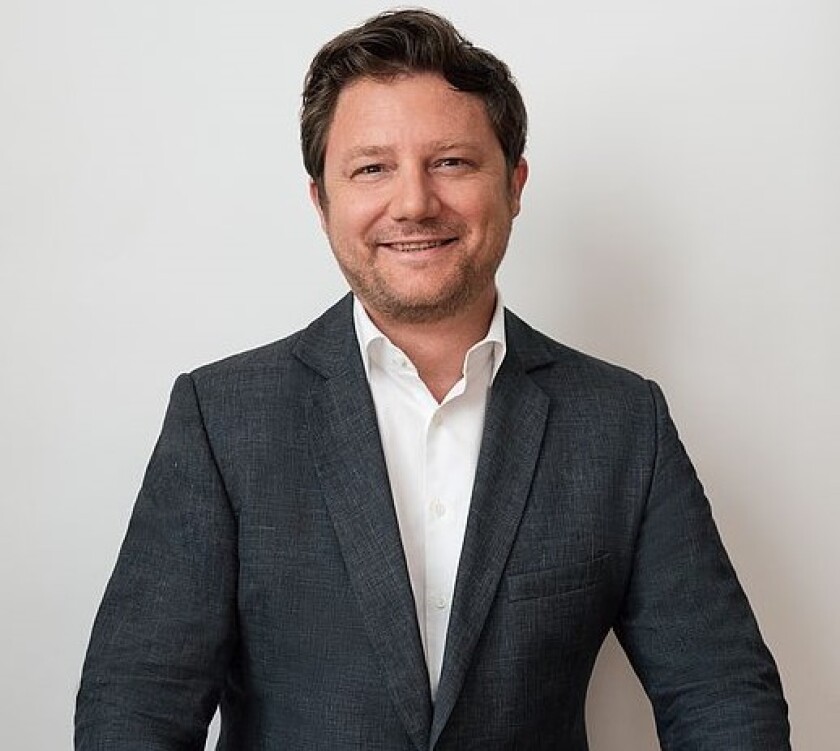Welcome to the latest instalment of Managing IP’s ‘Five minutes with’ series, where we learn more about IP practitioners on a personal as well as a professional level. This time we have Tilman Müller-Stoy, partner at Bardehle Pagenberg in Germany.
Someone asks you at a party what you do for a living. What do you say?
“I am a lawyer” does not fly as an icebreaker. Instead, I opt for: "Hi, I am a translator and designer [translating technology into patent law and designing general strategic concepts into a tailor-made strategy for an actual case with a dose of creativity].
Talk us through a typical working day.
6 am: review emails that came in overnight and send urgent responses (children still in bed)
7.45 am: Take children to school/kindergarten
8.30 am: At my desk, client calls (Asia), team meetings, emails, and some drafting.
12.30: Lunch
1.30 pm: Main drafting time
3 pm: Lots of client calls (US, Europe), emails, further drafting
8 pm: Administrative work for the firm and voluntary work for LESI, LES Germany, the Technical University of Munich.
9/10 pm: Home
What are you working on at the moment?
Many exciting patent litigation cases at the Unified Patent Court (intense pace) and in Germany. I’m also working on several patent/standard-essential patent (SEP) licensing projects as the lead negotiator or negotiator behind the scenes. I’m also doing marketing work at the firm with a focus on UPC business development; hiring and training the next generation of hungry patent litigators.
Does one big piece of work usually take priority or are you juggling multiple things?
My “problem” is too many big pieces of work, so there is no alternative but “juggling” (with burning balls in the air that shouldn’t be dropped). In fact, now that I am contemplating this, “juggler” might be a nice alternative for the 'what do you do for a living?' party icebreaker.
I am so grateful that I have the best team on the planet by my side, without my colleagues I would simply be lost. I am the lead counsel on more than 100 patent litigation cases in parallel, including more than 30 UPC cases, in addition to my licensing/SEP projects.
What is the most exciting aspect of your role and what is the most stressful?
Everything and everything. My key driver is international, strategic work – it is a joy and mind-broadening to work with intelligent people from different cultures and backgrounds.
The most stressful, yet still very rewarding part, is the actual trial work with other clients requiring real-time attention.
Tell us the key characteristics that make a successful IP lawyer/practitioner.
There are so many skills that are needed. Listen, listen, listen, anticipate, and be prepared. Stay calm and humble. Be quick on your feet, proactive, and creative. Remain strategic and never lose sight of the commercial objectives of the client no matter what.
What is the most common misconception about IP?
That it unduly restricts competition – the opposite is true! IP furthers innovation for the benefit of everyone – think of COVID vaccines, the internet of things, and green tech as recent examples.
What or who inspires you?
A lot of people and things (sometimes the little ones). But there is a key person: my wife. She is the love of my life, my backbone and friend, partner in crime, the perfect mother, and still successfully works as an IVF physician in parallel – you really should ask her how to do proper “juggling”! She does all that with a smile and empathy and she manages somehow to put me at rest.
Another woman who is an inspiration in so many respects, including law, is Ruth Bader Ginsburg.
If you weren’t in IP, what would you be doing?
Well, hard to say – my football career never got off the ground due to an incredible lack of talent.
Nowadays, I feel an increasing desire to give back so, at some point, I might look into human rights, democracy protection, or similar things provided that I find the right crowd to run with. I always need great people around me to make something happen.
Any advice you would give your younger self?
Be hungry and aware, yet take your time, step by step, and don’t hurry. It’s going to be good in the end if you just let your passion flow. There are opportunities everywhere and the trick is to be open and ready to pick them up.
Most importantly: be selective and let some opportunities go, you can’t have them all.










